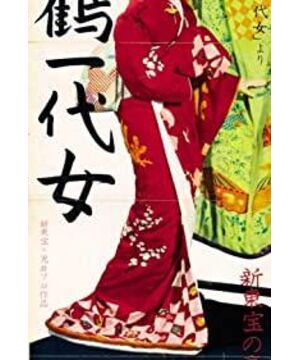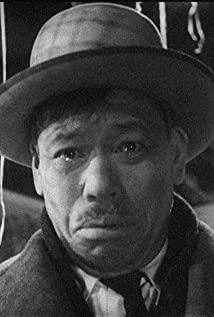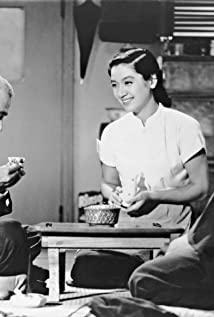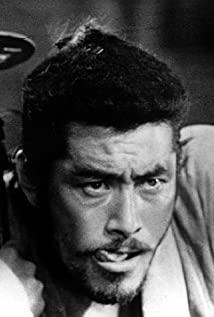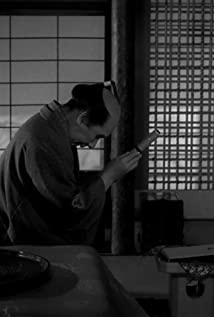Many people of the Xihe generation think that they want to express freedom of personality and criticize feudal ethics, but I think it is a manifestation of the impermanence of the world and involuntary. No matter in which era, there will be coercion and power. It's just a change of guise to bluff and deceive. These are repetitions in disguise. The intuition that the film gave me was not the sadness under the feudal system of "The Story of Can Ju", nor the freedom of individuality in "The Tragedy of Langhua"-these are undoubtedly too out of context, and they have not been combined with the whole film to understand and experience. .
The film expresses a kind of dramatic life by describing the eight passages of Xihe's experience, showing the impermanence of one's involuntary, and human affairs belong to the category of impermanence, which is a necessity in the context of the times, but it is impermanence in the whole life. Life in various states is as ridiculous as a statue of a Buddha, this is what the old prostitutes said. After all, Buddha statues are also made by man-made, they are just the projection of a person. After experiencing ups and downs in life, and a few sorrows of extreme joy, Xihe chose to convert to Buddhism. She had the opportunity to do this when she was young, and the drama of life made her re-enter the drama of life. I really don’t understand what those people who say that this film is purely a critique of feudal ethics think out of context. I can only say that they have not experienced it deeply enough to reflect the feelings expressed in the image.
The difference between Mizoguchi Kenji and Ozu Yasujiro is that the life of the former is extremely dramatic, which makes people feel too non-life and a bit unreliable. And the latter is to follow life, plainly stated. Both have their advantages and disadvantages. Mizoguchi Kenji's works are more like a novel and drama, and Ozu's works are more like life. However, the former embodies the dramatic and uncontrollable nature of life, while the latter more closely follows the aesthetic concept of Kawabata Yasunari.
The impermanence of human affairs and life can only escape such pessimism by converting to religion.
View more about The Life of Oharu reviews


